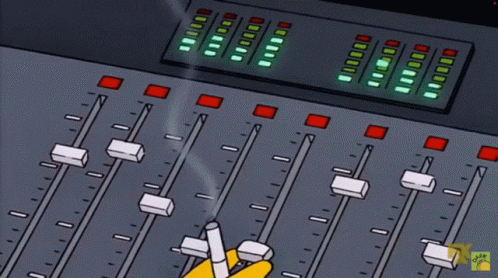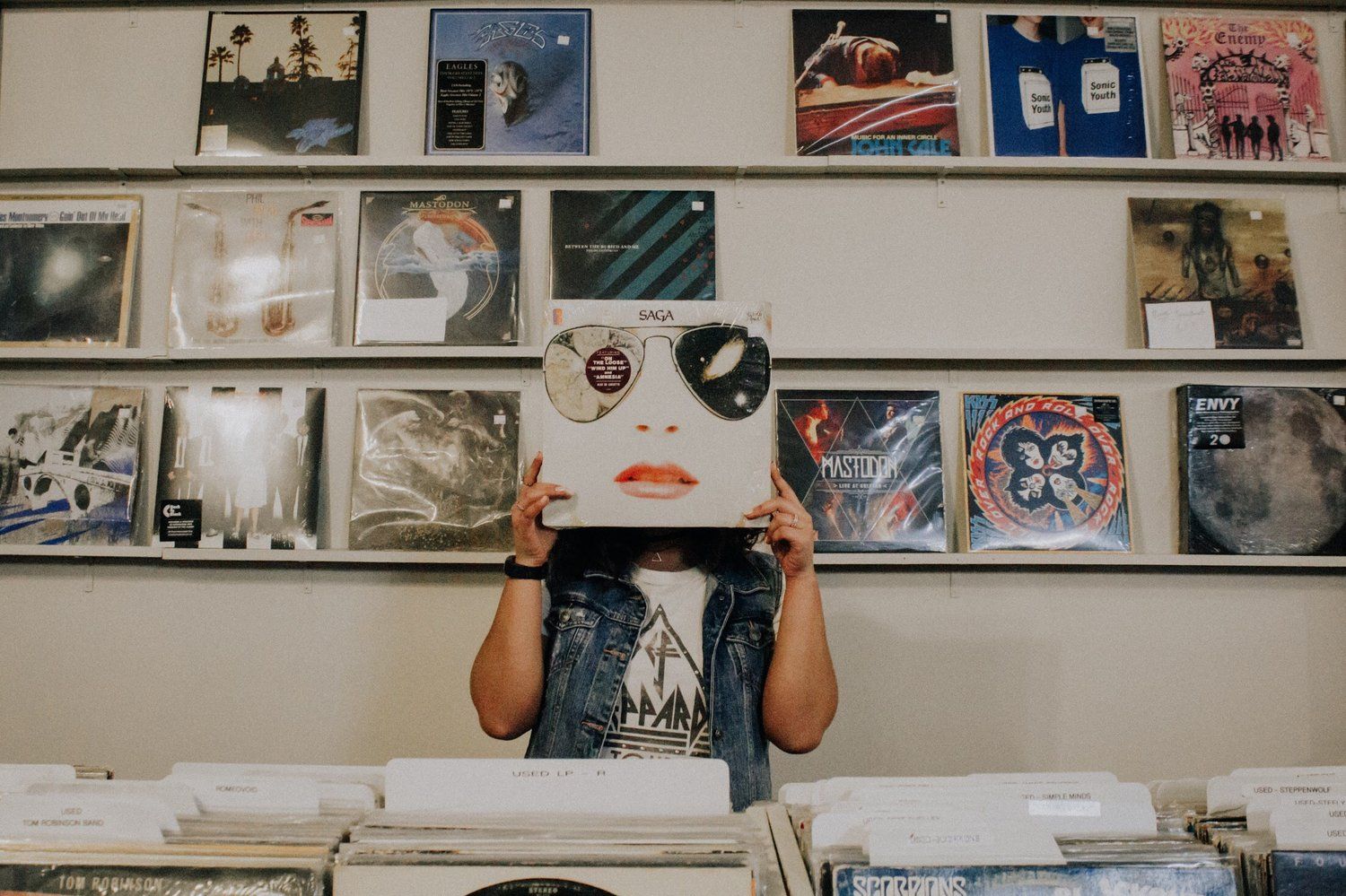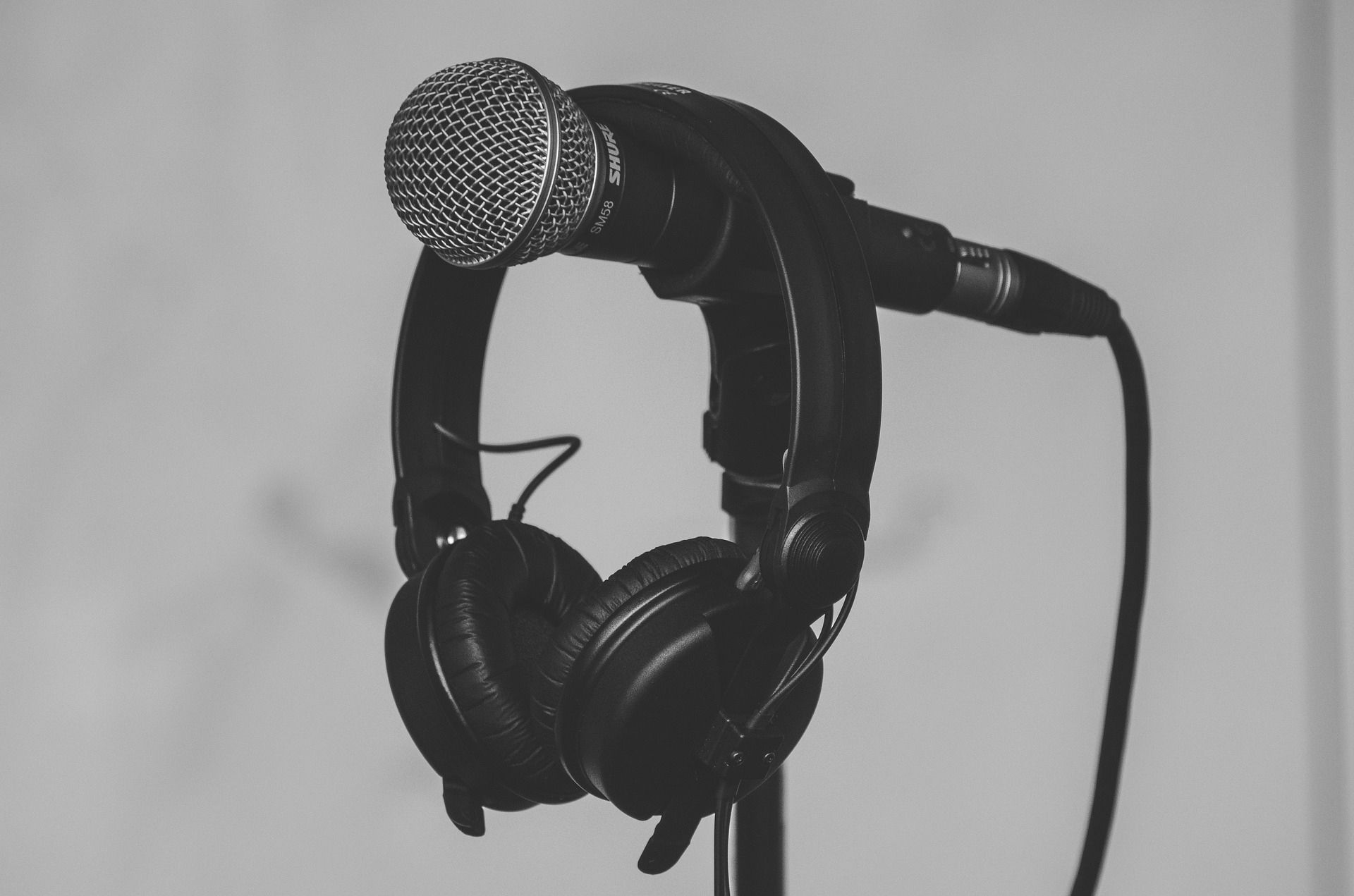3 THINGS YOU NEED TO DO BEFORE YOU HIT RECORD!

Doing a bit of preparation beforehand can save both time and energy in the long run.
The recording process is not only about capturing your performance, but also about making sure that you are fully prepared for the task at hand.
Here are three things you should do before hitting record:

- FINALIZE/SELECT SONGS
You’ll want to make sure that all band members agree on which songs will be recorded. This may seem like a no-brainer, but it’s very easy to be psyched about recording and forget that not everyone is on board with what is getting done.
Once all band members agree on the song list, make sure that you’re all ready to record them in their entirety. This means making sure they are finished and the players know their basic structure.
Once you have decided on what material is going to be recorded you will need to plan out your recording time, and determine the number of songs that can fit into each session comfortably.

2. SONG ARRANGEMENT
The way a song sounds when played depends heavily on its instrumentation and arrangement (how many instruments play at once).
With digital audio workstations like Pro Tools offering so many instruments at our disposal nowadays, musicians don’t have any excuse not knowing how something should sound before they get started with recording!
Knowing exactly what kind of vibe is warranted, and the parts help everyone understand how things fit together.
Do this before recording where money is being spent on studio and equipment rental fees.

3. LYRICS & CHORDS
The lyrics of a song are obviously important and should be written with intention.
However, so is the way they’re sung!
Keys need to be thought about ahead of time. Everyone singing needs to sing their parts without instruments before the session. If someone is uncomfortable singing a certain part of the song, it’s better to change it than have them force something that doesn’t fit well with them.
If you want your listeners to really enjoy your music, make sure that the lyrics fit with each artist’s vocal range and style.
Again, if a singer does not jive with a word or the idea being expressed it will come out in the session. It is better not to waste time fixing while trying to record.
Chords are also important in determining how a song sounds. They can totally alter the vibe of a song.
If you are unsure of what chords fit together well or how they sound when played together, try using an online chord dictionary like this one-UBERCHORD-CHORD FINDER

RECORDING A SONG CAN BE AN EXCITING AND REWARDING EXPERIENCE, BUT IT’S IMPORTANT TO HAVE EVERYTHING FINALIZED BEFORE YOU HIT RECORD.
If you have solidified the structure of your songs, fleshed out your lyrics, and practiced your chords and instrumentation then you should be in a really good place!
Taking all these necessary steps beforehand will help ensure a smooth recording process that will allow you to capture the best possible version of your song.
When you are actually recording, the goal is to maintain the creative spark by protecting yourself from any potential issues.
Be ready for surprises (both good and bad) along the way!
Be super prepared when you settle into your recording workspace.
That way, any distractions or surprises will be expected and dealt with easily.
Good luck with your musical endeavors!

